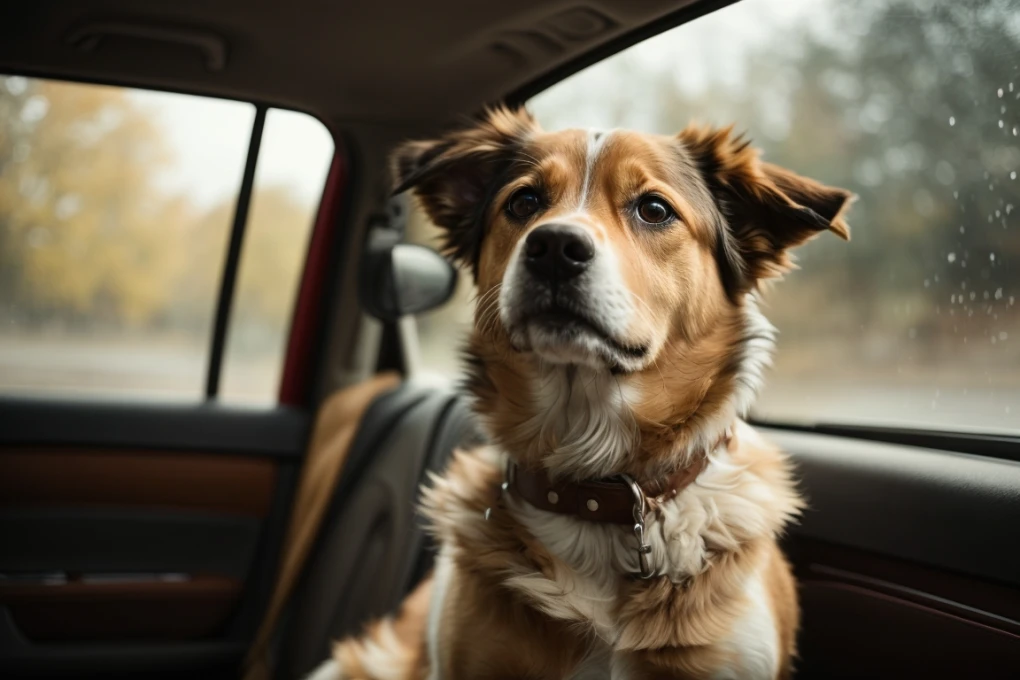Carsickness in Dogs: Understanding and Managing Motion Sickness

Carsickness in dogs is a widespread issue, affecting many pets during car travel. Understanding the causes and finding effective remedies can transform a stressful journey into a comfortable experience for both dogs and their owners.
Understanding Dog Motion Sickness
Causes of Carsickness in Dogs
Motion sickness in dogs, much like in humans, is often related to the inner ear's role in maintaining balance. Puppies are particularly prone to this condition as their inner ear structures are not fully developed. Additionally, psychological factors like associating car rides with negative experiences can contribute to carsickness.
Sensory Organ Stimulation and Its Effects
The stimulation of the sensory organs, particularly the inner ear, plays a significant role in motion sickness. This complex interplay of sensory inputs can lead to disorientation and nausea in dogs during car rides.
Preventing and Treating Motion Sickness in Dogs
Natural Remedies and Comfort Measures
Employing natural calming products like pheromone sprays, lavender, and chamomile oil can provide comfort and alleviate anxiety in dogs. Ensuring a well-ventilated car with fresh air and providing a familiar object from home can also help.
Dietary Considerations
Before a car trip, it's advisable to restrict a dog's food intake, ideally withholding food for 12 hours while ensuring access to fresh water. This precaution can significantly reduce the chances of carsickness.
Behavioral Conditioning
Gradual conditioning, such as spending time in a stationary car and slowly introducing movement, can help dogs become more comfortable with car rides. Associating car travel with positive experiences like toys or treats can also be beneficial.
Consulting a Veterinarian
In cases where natural remedies and conditioning are not effective, consulting a veterinarian for appropriate medication is crucial. Herbal treatments like ginger, and prescribed anti-nausea or anti-anxiety medications, can be effective under veterinary guidance.
FAQs
Q1: Can puppies outgrow carsickness?
Most puppies tend to outgrow carsickness as they mature, but some may continue to experience it into adulthood.
Q2: Are there any specific breeds more prone to carsickness?
While any dog can experience carsickness, younger dogs and those with negative car experiences are more susceptible.
Q3: How can I tell if my dog is experiencing carsickness?
Symptoms of carsickness in dogs include drooling, whining, uneasiness, and in some cases, vomiting.
Carsickness in dogs is a manageable condition with the right approach. By understanding its causes, implementing preventive measures, and seeking professional advice when needed, dog owners can ensure comfortable and enjoyable car rides for their canine companions.